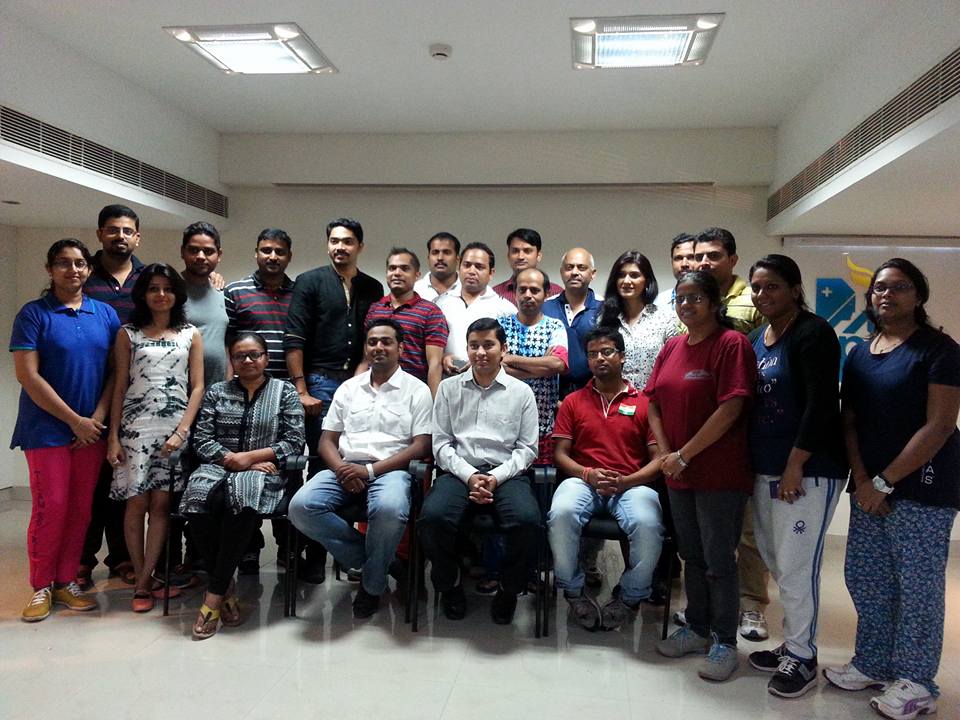Diet Counseling
Diet consultant
Introduction
Goal-setting and Assessment:
The first stage in diet counseling is an evaluation of your existing eating patterns, medical history, way of life, and specific goals.Personalized Meal Plans:
The dietitian develops a personalized meal plan based on the evaluation that is adapted to your nutritional needs, tastes, and objectives.
Education and Nutritional Guidance:
Medical Condition Management:
The dietician can offer specialist dietary recommendations to treat and enhance your condition if you have a medical condition, such as diabetes, heart disease, gastrointestinal problems, or food allergies. To ensure complete care, they collaborate with other medical experts.Modification of Behavior and Lifestyle:
Diet therapy also tackles behavioral and lifestyle elements that affect eating patterns.The dietitian assists you in identifying obstacles to good eating, offers techniques for altering behavior, and helps you make long-lasting lifestyle changes.
Diet counseling can help with weight control by offering tips for healthy weight loss or increases based on personal objectives.
Weight Management:
Nutritional Supplementation:
If necessary, the dietitian may provide particular nutritional supplements to support particular medical conditions or treat nutrient shortages. They can assist you learn how to use supplements properly and can advise you on which ones to choose.Long-Term Support and Maintenance:
Diet counseling is a process of long-term behavior change and maintenance rather than a quick fix. To assist you achieve long-lasting outcomes, the dietician provides continuing support, monitoring, and plan adjustments as necessary.It’s crucial to remember that diet advice has to be tailored to the individual and founded on scientifically sound principles. Working with a licensed dietitian or nutritionist ensures that you get information that is accurate and trustworthy from a certified person with nutrition science training.




